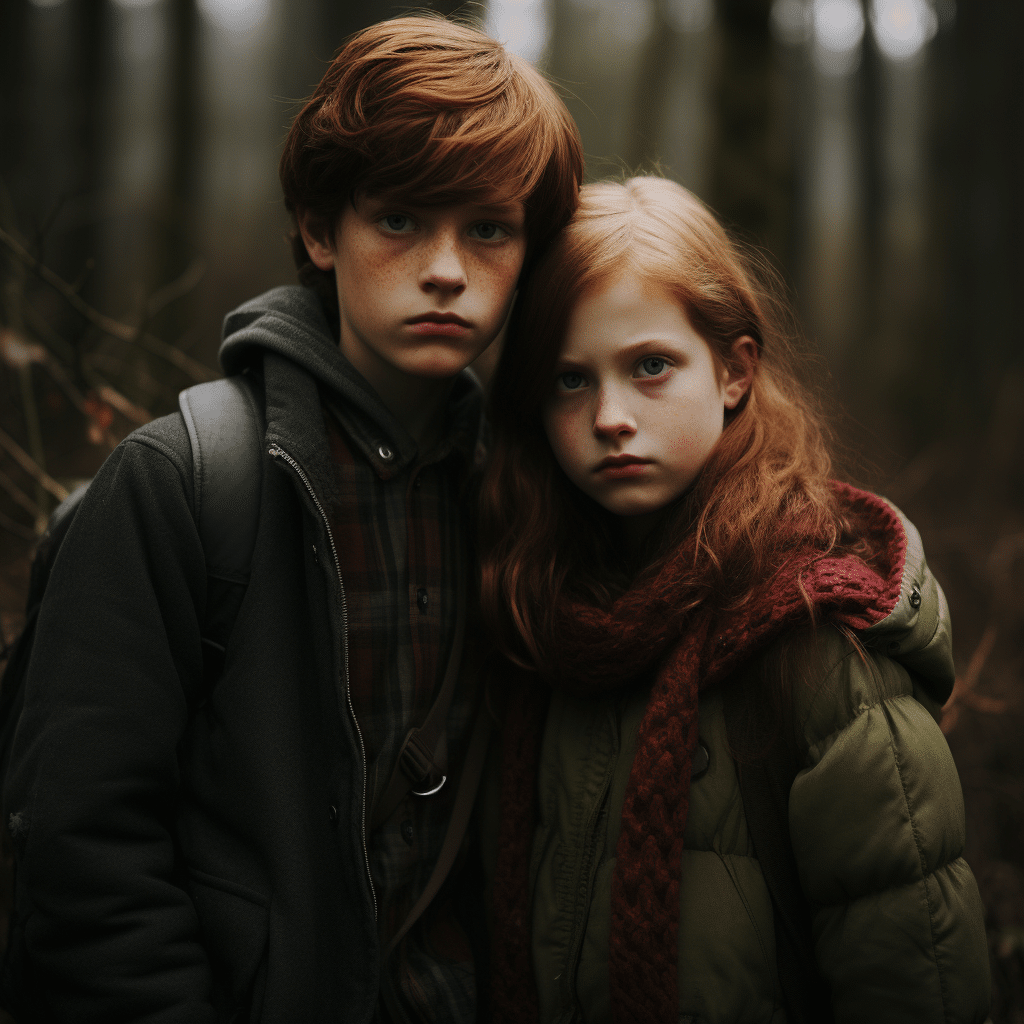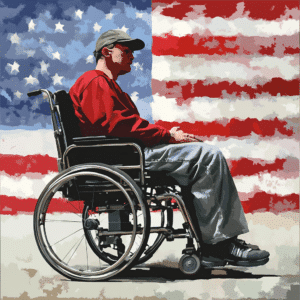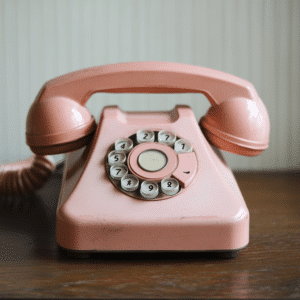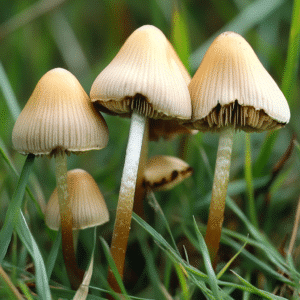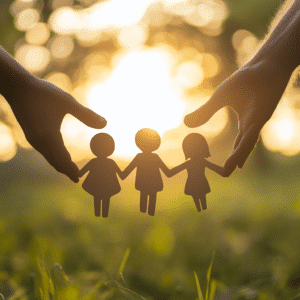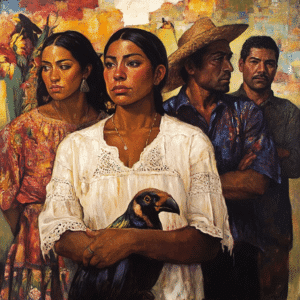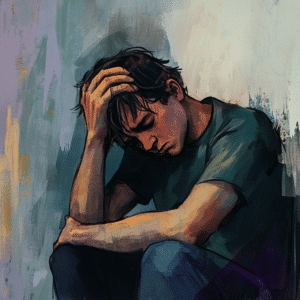Navigating the Heartache of Losing a Sibling
The Onset of Sibling Grief: Understanding the Pain of Losing a Brother or Sister
When the unthinkable happens, and a sibling is wrenched from our lives, the initial shock can feel as though we’ve been thrust into an abyss. The waves of emotional turmoil seem relentless – anger intertwines with sorrow, disbelief buddies up with despair. It’s like every bittersweet memory is a dagger, and every family photo, a boulder tied to your ankles as you attempt to stay afloat in the sea of grief. The bond between siblings is often as complex as it is deep-rooted; losing a sibling means more than losing a family member – it’s losing a part of your own story.
Each brother, each sister, is a chapter in that shared family tome, whether filled with squabbles or with unspoken understandings. For many, that first realization that their sibling has become a guardian angel rather than a confidante is a reality too sharp to grasp. Some may find themselves resonating with Freema Agyeman‘s portrayal of profound loss, a reminder that in the arts, as in life, the theme of sibling loss is a profound tapestry of human experience.
| Aspect | Details |
|---|---|
| Emotional Impact | – Feelings of loneliness and abandonment |
| – Loss of companionship and shared experiences | |
| – Potential for depression and anxiety | |
| – Guilt or feelings of responsibility | |
| Behavioral Changes | – Withdrawal from social activities and family |
| – Decreased interest in previously enjoyed activities | |
| – Changes in performance at school or work | |
| – Risk of engaging in self-harming behavior | |
| Psychological Risks | – Increased vulnerability to suicidal ideation |
| – Struggles with comprehending mortality and loss | |
| – Difficulty with emotional regulation | |
| Family Dynamics | – Disruption of family roles and structure |
| – Intensification of survivors’ grief due to observing parental sorrow | |
| – Need for family to restructure interactions and communication | |
| Importance of Sibling Relationship | – Loss of a unique confidant and ally |
| – Gap in shared family history and memories | |
| – Disappearance of unconditional sibling love | |
| Coping Mechanisms | – Seeking support through grief counseling or support groups |
| – Encouraging expression of feelings through art, writing, or conversation | |
| – Preserving memories with rituals, mementos, or tributes | |
| Long-term Considerations | – Recognition of the lasting impact on life perspective |
| – Learning to live with the loss as part of one’s identity | |
| – Potential for growth and increased resilience over time |
The Solitude in Sibling Loss: Confronting the Death of a Sibling in Adulthood
Dealing with the death of a sibling in adulthood can feel like navigating through a quiet storm. Suddenly, the sibling who was supposed to be an ally through the journey of grown-up challenges is gone. This sort of grief carries a particularly solitary sting. It’s like losing your co-pilot mid-flight.
The solitude isn’t merely emotional. It redefines the familial dynamics, launching the surviving siblings into roles they might not be ready to fill. An older sibling’s death snatches away a layer of protection, while the loss of a younger one can dismantle a nurturing dynamic you never realized you relished. It’s imperative to acknowledge the gnawing pain and the void it creates, reflecting on the true nature of this solitary journey.
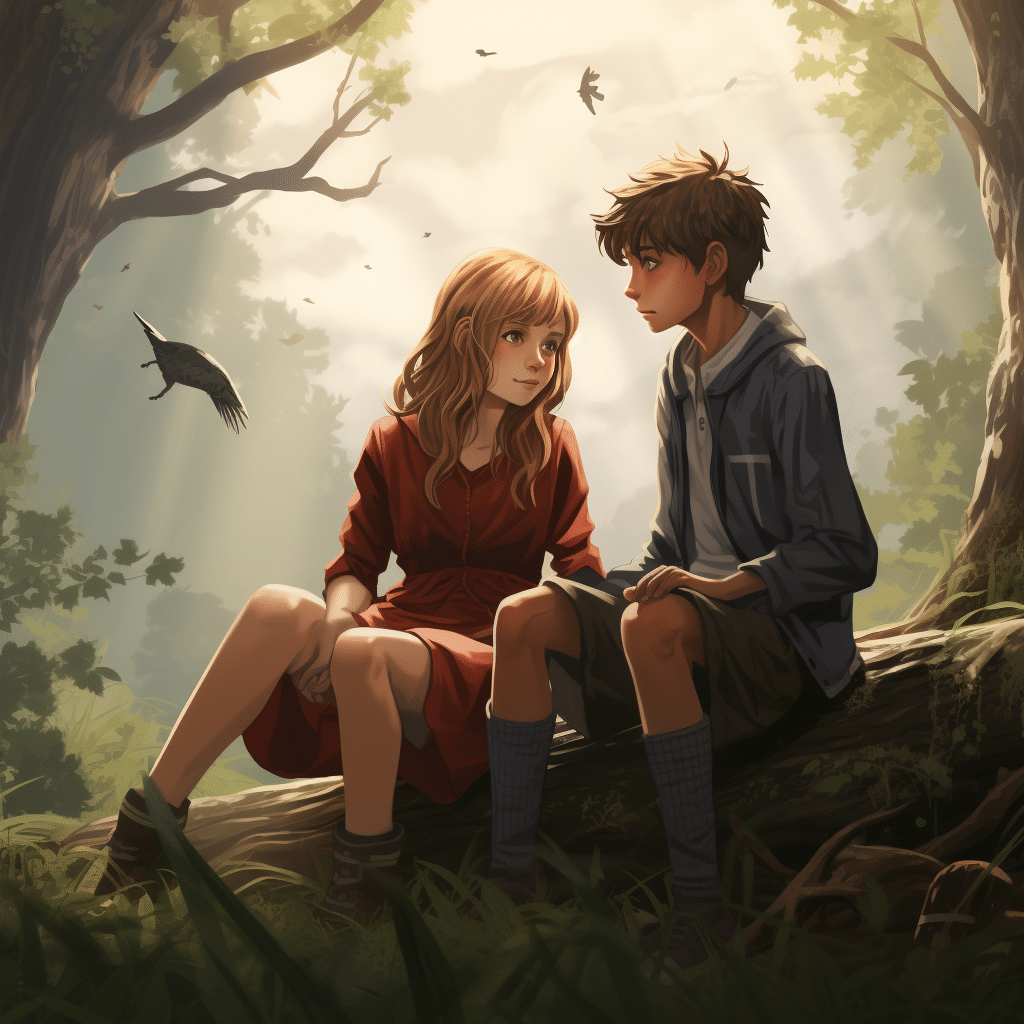
The Unspeakable Void: Coping with the Death of Sibling
As we tumble through the stages of grief, sibling loss charts its own map. Some folks may sink into silence, other may wear their hearts on their sleeves. Coping with the death of a sibling means learning to walk with a phantom limb—it’s part of you, though the world can’t see it, and every step is a reminder of what’s missing.
Effective coping can look like a kaleidoscope of strategies: therapy sessions, support groups like the ones facilitated by Debi Nadler, or turning to poignant expressions of emotions, like those found in Losing a sister Quotes. Managing grief is about building a patchwork quilt from these various sources of solace, wrapping yourself in it when the chill of loss seeps into your bones.
Bridging the Gap of Sorrow: How to Console Someone Who Lost a Sibling
Reaching out to comfort someone sailing through the stormy seas of sibling loss can feel daunting. You want your words to be a life raft, not an anchor. The key is authenticity and understanding—putting pen to paper with a heartfelt letter to siblings after parents death or a genuine ear and a silent shoulder when words fail.
A sample condolence might read:
“Dear Name,
In this ocean of loss, where your grief holds no bounds, remember that the love for your sibling did not perish. Though the world moves swiftly, your need to pause does not go unnoticed. Lean on us, cry with us, and when you can, laugh with us as we remember Sibling’s Name together.”
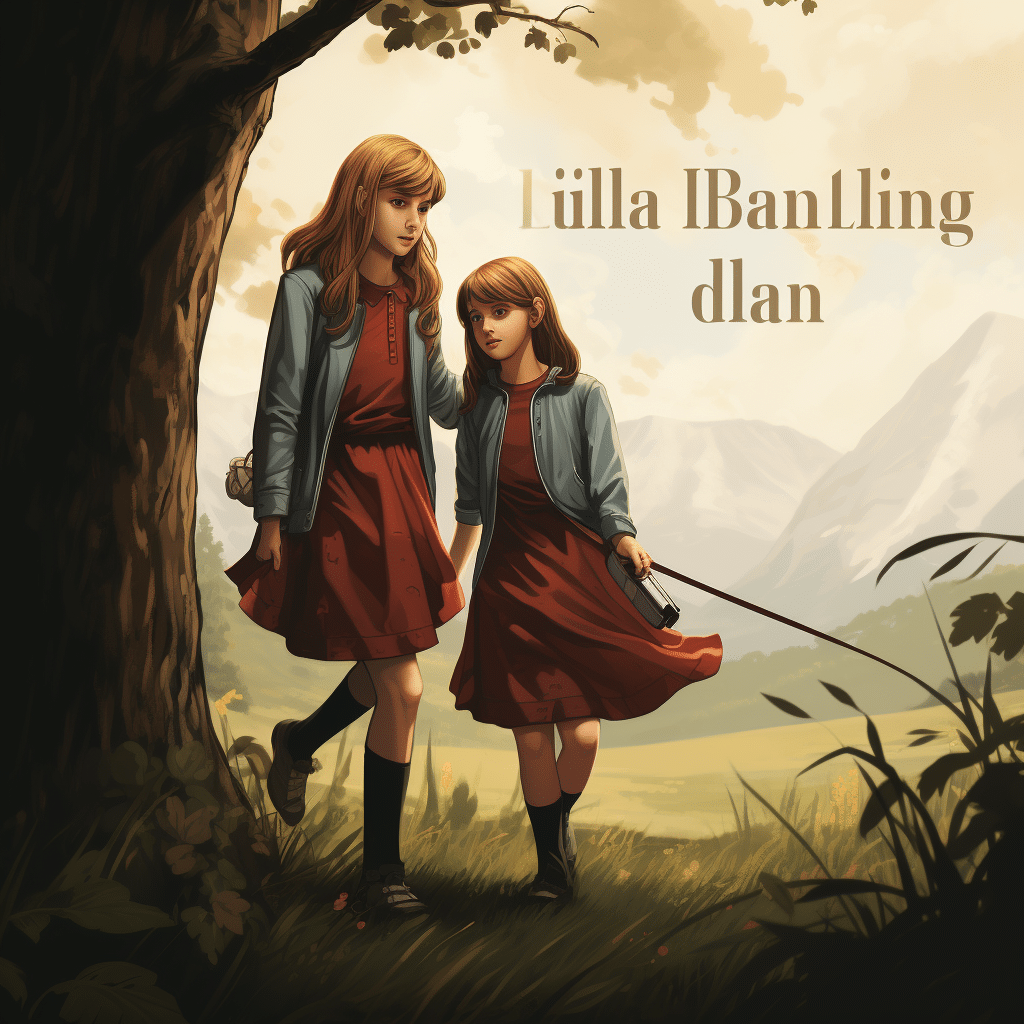
The Lingering Echoes: Psychological Effects of Losing a Sibling
The psychological effects of losing a sibling can be both immediate and long-reaching. Early on, survivors might battle with disruptions in sleep, changes in appetite, or a tempest of unchecked emotions. With time, some may wrestle with more subtle adversaries like identity crises or survivor’s guilt.
Treatment paths grace a spectrum – from traditional talk therapy to specialized grief support groups. Discovering a support system that resonates with your healing process is akin to finding a compass in the wilderness. It is here that the narratives on the effects of loss in the “Little Hope Chapters” can foster a sense of kinship and solidarity.
The Unseen Marks: Signs Siblings Were Inseparably Close
When siblings share a bond thicker than blood, signs like shared trivial secrets or inner jokes become cornerstones of their connection. For those who were inseparably close, signs siblings are too close present as a haunting absence in the echo of laughter, or the quietude where once there was debate.
Whether it’s missing their wise counsel like a lost treasured map or the echoing absence of their carefree chuckle, the loss impacts every fiber of one’s being. It’s about honoring these marks, interpreting them not as scars but as constellations that map out the love shared.
Shattered Normalcy: The Reality of Losing an Older Brother
The unique anguish in losing an older brother is an odyssey through disrupted legacies and protective shadows now gone. Older brothers often stand as the family’s unsung heroes—defenders, role models, sometimes the barometer of cool. When they pass, it’s as though the family’s guiding star simply blinked out.
Hearing from those who’ve tread this path, one learns how each memory can shimmer with both joy and sorrow. The stories carry a thread of commonality; it’s no ‘Kanye West What Happened‘ saga of headlines and spotlights but a quiet revolution of enduring the shake-up of life’s natural order.
The Silent Sufferers: Unpacking the Loss of a Sibling
So often, the world’s eyes rest on the parents or the partners, but lost siblings maneuver their grief in a quieter, perhaps lonelier place. They, too, deserve a chorus of voices, advocates who remind the rest that their sorrow is just as fierce, their need for support just as profound.
Drawing out these silent sufferers from the shadows, we must offer platforms for expression, recognition, and shared healing. Facing the gaping family portrait without them, we seek to paint their presence back in, stroke by tender stroke.
Remembering Without Clinging: Accepting the Death of Sibling
Acceptance is not an erasure of memory; it’s a delicate dance between paying tribute and moving onwards. It’s humbly learning to carry your love for your sibling into the chapters ahead, without letting the weight of their absence halt your story.
Grieving individuals might celebrate their sibling’s memory through art, journaling, or planting a garden—each bloom a testament to life. It’s uncovering grace in the gravity of loss, fostering legacies in places where laughter can grow amidst tears.
The Shared Path: Collective Strategies in Overcoming Sibling Death
If grief shared is grief halved, then collective strategies in overcoming sibling death act as a raft for many. Be it through family rituals, remembrance walks, or just the simple act of gathering to share stories, these communal acts tether us, reminding us we don’t grieve in isolation.
Support systems become lighthouses, guiding ships adrift back to shore. Each shared memory or collective tear becomes a stitch in the quilt of recovery—painful yet powerful in its communion.
The Ripple Effect: Siblings Unite in Grief and Recovery
Solidarity amidst sorrow breeds an impenetrable connection. As siblings unite in both grief and recovery, they forge a familial alliance potent enough to brave the heaviest of emotional tempests.
It is within these networks that the true essence of healing can take place. From acknowledging each other’s pain to celebrating the life of the sibling lost, the bond fortifies, and the path to solace becomes a tad less steep.
Conquering the Forlorn Journey: Emerging Resilient After Sibling Loss
Resilience is an armor forged in the fires of despair, hammered and shaped by each tear and each small victory over grief. Emerging resilient after sibling loss is to weave strength from vulnerability, allowing the experience to transform you, to find new meaning, and to blossom even in the presence of a perpetual void.
Courageously channeling the torrent of grief into constructs like scholarships in memory of the lost, advocacy for causes they believed in, or simply living life with renewed purpose can be the ultimate homage.
As we embark on this often solitary and rugged trail, the loss of a sibling carves deep into the essence of who we are. The void they leave is a silent testimony to the love shared—one that, despite the absence, echoes endlessly through the chambers of our hearts. To those trudging through the night, may these words serve as a beacon, guiding toward a dawn where remembrance and life walk hand in hand, and sibling love continues in ethereal, yet tangible, ways.
Trivia and Interesting Facts: Navigating the Sibling Bond Beyond Loss
Sibship: A Lifetime Membership
Y’know, the bond between siblings can be as complex as a jigsaw puzzle, and when a piece goes missing—like in the “death Of a sister“—the picture never really feels complete again. It’s said that siblings share a unique lifelong bond. They’re our first friends and often our first rivals, but they also play a crucial role in shaping who we become. From inside jokes to shared memories, siblings weave a tapestry of love and connection that survives even beyond death. And get this: studies suggest that having a sibling can improve your mental health and self-esteem. Now, isn’t that something?
The Grief Club: An Unwelcome Affiliation
Oh, bother! No one ever asks to join the club of those who’ve lost a sibling. It’s an experience that’s as unique as it is universally devastating. Losing a sibling can feel like losing a part of one’s self—after all, they’re our cohorts in the family hierarchy. While navigating through the twists and turns of grief, it’s not unusual to feel like you’re on an emotional rollercoaster, with each day bringing a new set of ups and downs. Hang tight, though! It’s all part of the journey.
“Death of a Sister”: A Shared Reality
Here’s a heart-tugging stat: The poignant transition marked by the “death of a sister” is a reality many will face in their lifetime. It’s a shared yet devastating experience that shakes the foundations of family dynamics. Sisters can be our caretakers, role models, or even our sounding boards for life’s many quandaries. When this bond is disrupted by loss, it can create rippling effects on our well-being and outlook on life. Time to band together, because no one should walk this path alone.
The Ripple Effect: Overflow of Emotions
Picture this: Sibling loss is like tossing a pebble into a still pond—the resulting ripples can spread far and wide. Emotions that surface can range from anger to guilt, and, yes, even relief at times. It’s a bit of a tangled web. Some days you could be feeling just peachy, and then wham! You’re hit with a wave of sorrow out of the blue. But don’t beat yourself up; it’s all part of the ebb and flow of grief.
Walking the Talk: Stepping Forward Together
Listen up! It’s been said by many who’ve walked this thorny path that keeping alive the memory of a lost sibling helps in healing. Whether it’s lighting a candle, dedicating a song, or even continuing a cause or tradition they were passionate about, these acts can serve as a balm to the aching heart. So, embracing the love and legacy your sibling left behind can become a stepping stone in your journey through grief.
Remember, folks, grief has no roadmap, and loss doesn’t come with a handbook. So go easy on yourself. It’s quite alright to feel lost at sea, but with time and support, you’ll find your way to a new normal—it’s what our siblings would have wanted, after all.
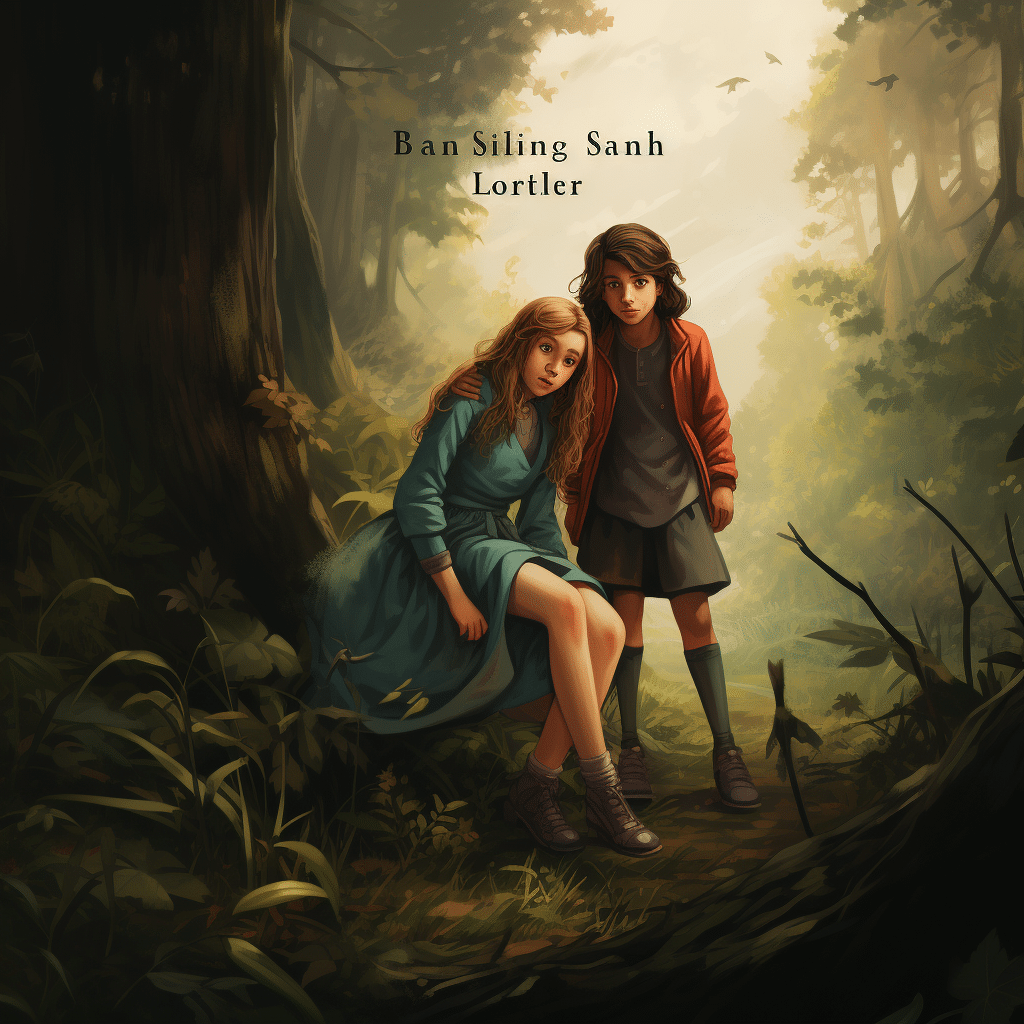
What are the psychological effects of losing siblings?
Losing a sibling can knock the wind out of your sails, psychologically speaking. Often, survivors experience a wild roller coaster of emotions, from profound sadness to guilt, anger, and possibly relief, if suffering was involved — talk about a tangled web of feelings.
Why does losing a sibling hurt so much?
Oh boy, does it sting. Losing a sibling hurts heaps because they’re our playmates in the sandbox of life, partners in crime, and sometimes our first confidant. It’s like losing a chunk of your own story and the one who shared the same upbringing under the same roof.
What do you say to someone who lost a sibling?
When someone loses a sibling, my heart goes out to ya, and it’s tough to find the right words. Start with a simple, “I’m so sorry for your loss.” Sometimes less is more, and it’s just about being there, lending an ear or a shoulder to cry on.
What is a quote about losing siblings?
A quote that hits you right in the feels about losing siblings might be, “Siblings: children of the same parents, each of whom is perfectly normal until they get together.” It sums up the unique chaos and love only siblings know.
Is death of a sibling considered trauma?
Absolutely, the death of a sibling can be a trauma. It’s like someone rewrote your life’s script without your consent, leaving you with a role you never auditioned for.
What is life like after death of a sibling?
Life after the death of a sibling is like sailing in uncharted waters. Birthdays, holidays, and family get-togethers take on a new shape. You might find a mix of resilience you never knew you had, and moments when the waves of grief crash over you out of the blue.
Which sibling is more likely to be depressed?
It’s a bit of a coin toss, to be honest. Depression doesn’t play favorites, but the sibling who may have shared a closer bond or has fewer support systems might be more vulnerable to depression’s heavy blanket.
How do I say goodbye to my dying sister?
Saying goodbye to a dying sister is heart-wrenching. Be real, be raw, let the love pour out. You might say, “I love you to the moon and back,” or share a memory that makes you both smile. Whatever you say, let your heart lead the conversation.
Is losing a sibling harder than a parent?
Tough question! Some might say losing a sibling is harder because it disrupts the expected life order. You probably thought you’d grow old together. For others, losing a parent is a seismic shift. It’s not a competition though — both are as rough as sandpaper.
How do you honor a dead sibling?
Honoring a dead sibling is deeply personal. Maybe light a candle on special days, or do something they loved, like hitting their favorite hiking trail. It’s about finding ways to keep their memory alive and kicking, in the big and small moments.
What not to say to a grieving person?
Steer clear of saying stuff like “They’re in a better place” or “I know how you feel” to someone grieving. It can come off as insensitive or dismissive, even when you don’t mean it to.
What is an inspirational quote for losing a sister?
For losing a sister, how about this gem: “A sister is a little bit of childhood that can never be lost.” It’s a nod to the fact that those shared moments will always be tucked safely in your heart’s pocket.
How do you comfort a grieving sibling?
Comforting a grieving sibling means being the steady hand in the storm. Offer a listening ear, a memory that sparks joy, or simply be present. The best comfort often comes without words.
What is a short meaningful grief quote?
A short meaningful grief quote could be, “Grief is the price we pay for love.” It’s a poignant reminder that the depth of our grief is a testament to the depth of our love.
What is a good sibling quote?
A good sibling quote that captures the essence might be, “Siblings: the only enemy you can’t live without.” It’s a cheeky nod to the love-hate ballet that only siblings understand.
What is glass child syndrome?
Glass child syndrome refers to the often overlooked kids in a family where another child requires more attention due to illness or disability. They’re like glass, easy to look through and miss, as resources are focused elsewhere.
Which sibling is more likely to be depressed?
The question on which sibling is more likely to be depressed is a repeat – it’s still a tough call. Depression doesn’t discriminate and can affect any sibling given varying circumstances.
What are the trauma of separating siblings?
The trauma of separating siblings can be like ripping apart the chapters of a shared storybook. It’s a jarring disruption to their sense of security, identity, and support system, potentially leaving lifelong emotional scars.
What is emotional detachment from siblings?
Emotional detachment from siblings can feel like someone put up an invisible wall in the family room. It’s a protective measure, an emotional suit of armor, yet it can leave siblings feeling like strangers passing in the hallway of life.

